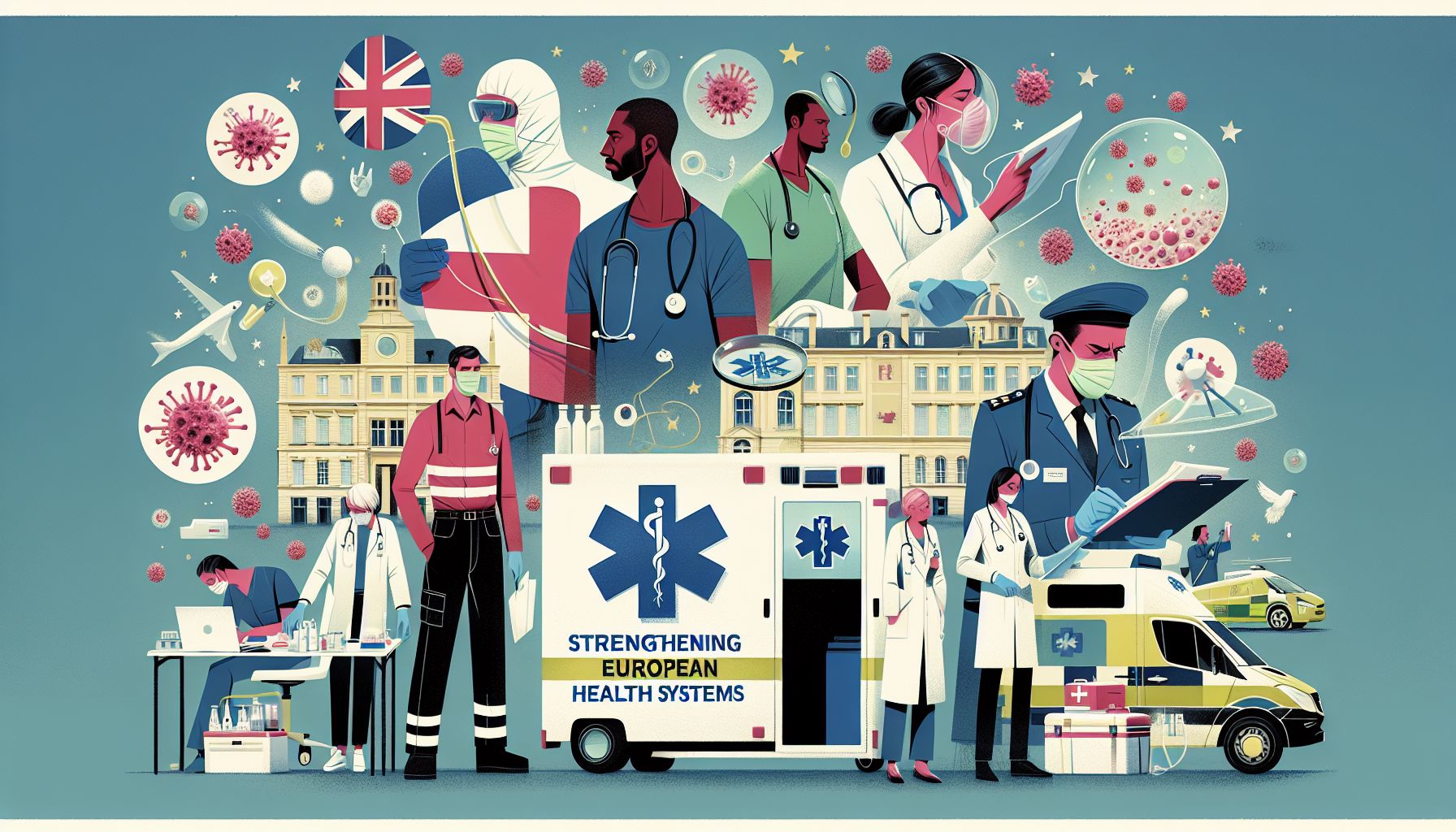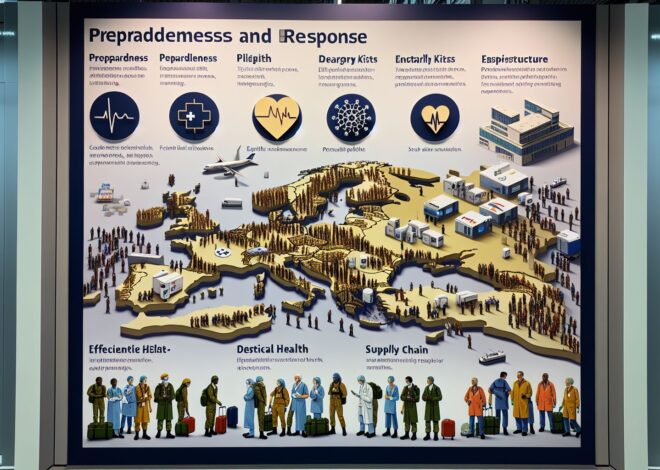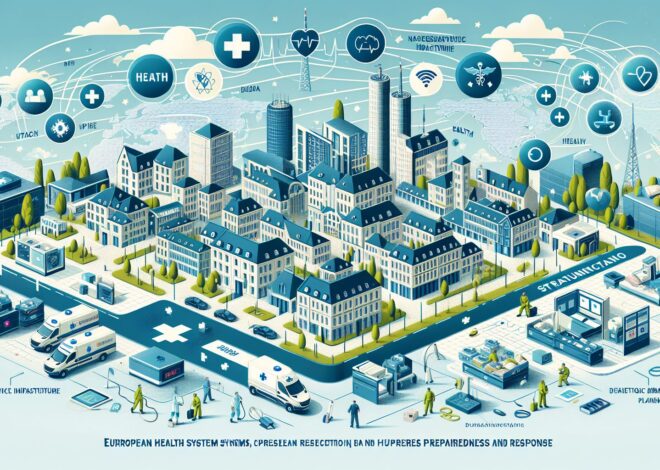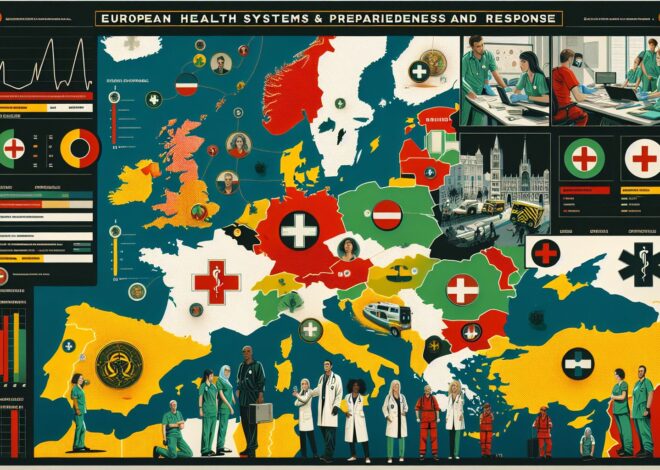
Strengthening European Health Systems: A Call to Action for Preparedness and Response
As the world grapples with the ongoing COVID-19 pandemic, the importance of preparedness and response in European health systems has never been clearer. From the rapid spread of the virus to the overwhelming pressure on hospitals and healthcare workers, the challenges faced by our health systems have been unprecedented. In this article, we will explore the importance of preparedness and response in European health systems, focusing on the role of health professionals, policymakers, and concerned citizens in tackling future health crises.
The Role of Health Professionals
Health professionals are at the frontline of any health crisis, and their role in preparedness and response cannot be overstated. As the first point of contact for patients, they play a crucial role in early detection, diagnosis, and treatment of diseases. In the case of COVID-19, health professionals have been working tirelessly to care for patients, conduct testing, and provide vital information to the public.
To strengthen European health systems, it is essential for health professionals to have access to adequate training, resources, and support. This includes ensuring that they have the necessary knowledge and skills to respond to emerging health threats, as well as access to personal protective equipment and other essential supplies. By investing in the training and well-being of our health professionals, we can better prepare for future health crises and ensure that our communities remain safe and healthy.
The Role of Policymakers
Policymakers also play a critical role in the preparedness and response of European health systems. By creating and implementing effective health policies, they can help to prevent the spread of diseases, strengthen healthcare infrastructure, and ensure that resources are allocated efficiently. In the case of COVID-19, policymakers have been tasked with making difficult decisions, such as implementing lockdown measures, securing vaccine supplies, and coordinating healthcare services.
Moving forward, it is crucial for policymakers to prioritize public health in their decision-making processes. This includes investing in healthcare infrastructure, improving access to healthcare services, and supporting research and development in the field of infectious diseases. By working together with health professionals and other stakeholders, policymakers can help to build resilient health systems that are prepared to respond to any future health crisis.
The Role of Concerned Citizens
In addition to health professionals and policymakers, concerned citizens also have a role to play in the preparedness and response of European health systems. By staying informed, following public health guidelines, and participating in vaccination campaigns, citizens can help to prevent the spread of diseases and protect vulnerable members of their communities. In the case of COVID-19, this has been particularly important, as individual actions have had a significant impact on the overall spread of the virus.
As we look towards the future, it is essential for citizens to remain vigilant and proactive in their efforts to protect public health. This includes practicing good hygiene, staying home when sick, and getting vaccinated against preventable diseases. By working together as a community, we can help to build a healthier and safer Europe for all.
Conclusion
In conclusion, the preparedness and response of European health systems are essential for protecting public health and ensuring the well-being of our communities. By supporting health professionals, policymakers, and concerned citizens in their efforts to prevent and respond to health crises, we can build a more resilient and sustainable healthcare system for the future. It is only through collaboration and solidarity that we can overcome the challenges that lie ahead and create a healthier Europe for generations to come.



